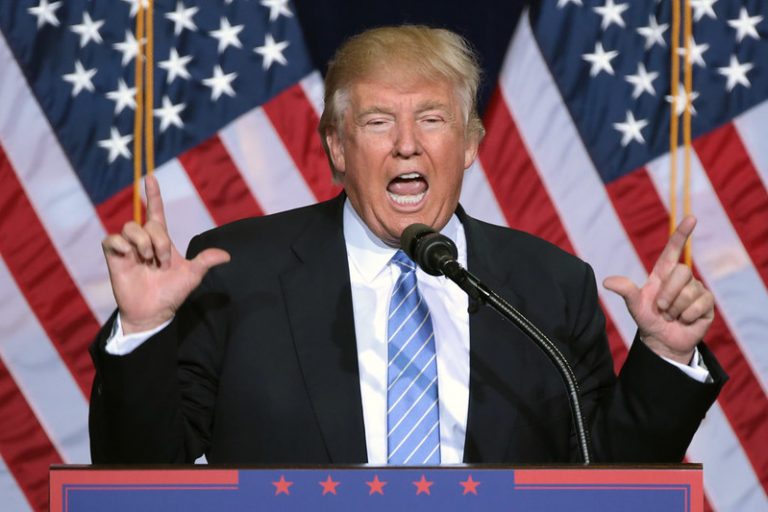Longterm investors need to learn how to ignore the buzz about the possible impeachment of the US president. However, reactive margin traders can profit from following the story. The USD, stocks, cryptocurrencies can go up or down depending on how the story will unravel.
With a president that is facing impeachment not long after new tariffs have been imposed alongside substantial fiscal deficits, the media being treated as an enemy, the Fed being ordered around and the geopolitical order being shattered – it’s not impossible to think we’ve time-traveled back to 1974!
Richard Nixon’s wobbly final year brought about awful market performance, but it wouldn’t be right if we thought this might happen again. History has given us a few examples of trading impeachment, showing that there isn’t a simple magic formula. Instead, investors need to concentrate on policy changes.
[button link=”https://app.basitfx.com/login” size=”medium” target=”new” text_color=”#eeeeee” color=”#df4444″]SELL EURUSD[/button] [button link=”https://app.basitfx.com/login” size=”medium” target=”new” text_color=”#eeeeee” color=”#3cc195″]BUY EURUSD[/button]
There have only been three presidents to face impeachment proceedings, and the markets have reacted differently. 
According to an economist at Schroders, the impeachment of Andrew Johnson in 1868 meant that bonds rallied while stocks did very little.
However, several factors make conclusions difficult. The Senate only acquitted the president three months before his impeachment, the market was a different one, and data is pretty hard to come by.
Nixon’s impeachment brought about his resignation, which appears to be of relevance. However, it is again, clouded by its contemporary situation. The 1973 oil embargo and price increases by the Arabs were causing the stocks to crash across the globe. What’s more, inflation wasn’t under control, and floating currencies caused the markets to struggle, as did President Nixon’s pay packet and his price controls.
Political effects were on a small scale in comparison with what the recession of the time was doing. There wasn’t much effect on the markets since it remained unclear if there would be changes to economic policy.
When it was Bill Clinton’s turn to be impeached in 1998, the S&P plummeted around 5% at first, but it did make back most of the losses before closing.
In other countries, Dilma Rousseff’s 2016 impeachment in Brazil seemed to encourage a leap in both the nation’s currency and the stocks. Investors, it seems, were hoping that there would be a shift away from left-wing populism to an approach that was more market-friendly.
Again, however, the backdrop confuses because markets at the tie were heading towards a possible end to the recession.
[button link=”https://app.basitfx.com/login” size=”medium” target=”new” text_color=”#eeeeee” color=”#df4444″]SELL S&P 500[/button] [button link=”https://app.basitfx.com/login” size=”medium” target=”new” text_color=”#eeeeee” color=”#3cc195″]BUY S&P 500[/button]
Back to Trump then. He has policies that are both loved and hated by investors. Tax cuts are popular, of course, as is the push for deregulation, generally speaking. Stocks do sell off each time the trade war with China intensifies or each time Trump threatens to impose more tariffs on allied countries like France, Germany, and Mexico.
How would Trump’s impeachment affect things? It’s improbable he would be convicted and would probably remain in the office like Clinton and Johnson before him.
Could the president’s impeachment meant the Democrats could win? Investors fear Sen. Elizabeth Warren in terms of her promises to unsettle and break apart big internet companies as well as her desire to impose a tax on wealthy folk.
As it goes, it isn’t yet obvious what will happen with President Trump’s impeachment.

